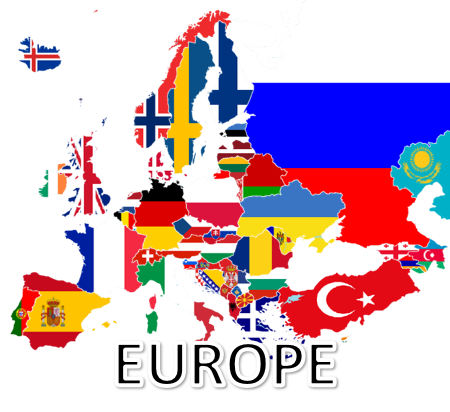|
Volume 3 - 1989 The pastor and deacon of the independent registered Baptist church in Brest, on the Soviet-Polish border, have sent an open letter to the Christians in the West, expressing their concern at the ways in which the registered All-Union Council of Evangelical Christians-Baptists is using funds raised from the sale of Bibles. The AUCECB receives 30 rubles for each Bible, and local leaders charge an additional 3-10 rubles to cover expenses in bringing the Bibles from Moscow. The Brest church leaders are very grateful to Western Christians for taking the opportunities available to send Bibles to the churches in the USSR, and report that they are “bearing fruit to God’s glory.” They are grieved, however, that the AUCECB is selling Bibles it received free of charge and that little of the money received in this way is used for Christian work. For example, 750 000 rubles were sent to Communist Nicaragua in 1986 via the Soviet Peace Fund. Challenged on this, AUCECB leaders claim they needed the money from selling Bibles to pay for visits by foreign guests.
The Brest church leaders suggest that Western Christians should pray for wisdom in seeking new channels, should send literature direct to local churches, and should ask the AUCECB for an explanation of this matter. Researchers polling Russian Orthodox and Baptist believers in the Soviet Union claim Christians have little expectation that new Bible imports will be affordable and available to the membership at large. Since the 1920’s, less than 700000 Bibles and New Testaments have been legally printed or imported in the Soviet Union. The Russian Orthodox Church numbers over fifty-million members, and there are several million Catholics, Baptists, Pentecostals, Lutherans and Methodists in the USSR. A Bible on the black market can cost up to 100 rubles, or an average two-week salary, due to the hunger for God’s Word.
0 Comments
Leave a Reply. |
More Reports
All
Archives
November 2018
|
"And Jesus came and spoke to them, saying, “All authority has been given to Me in heaven and on earth.
Go therefore and make disciples of all the nations, baptizing them in the name of the Father and of the Son and of the Holy Spirit,
teaching them to observe all things that I have commanded you; and lo, I am with you always, even to the end of the age.” Amen.” Matthew 28: 18-20
Go therefore and make disciples of all the nations, baptizing them in the name of the Father and of the Son and of the Holy Spirit,
teaching them to observe all things that I have commanded you; and lo, I am with you always, even to the end of the age.” Amen.” Matthew 28: 18-20
|
P.O.Box 74 Newlands 7725
Cape Town South Africa |
|

 RSS Feed
RSS Feed
